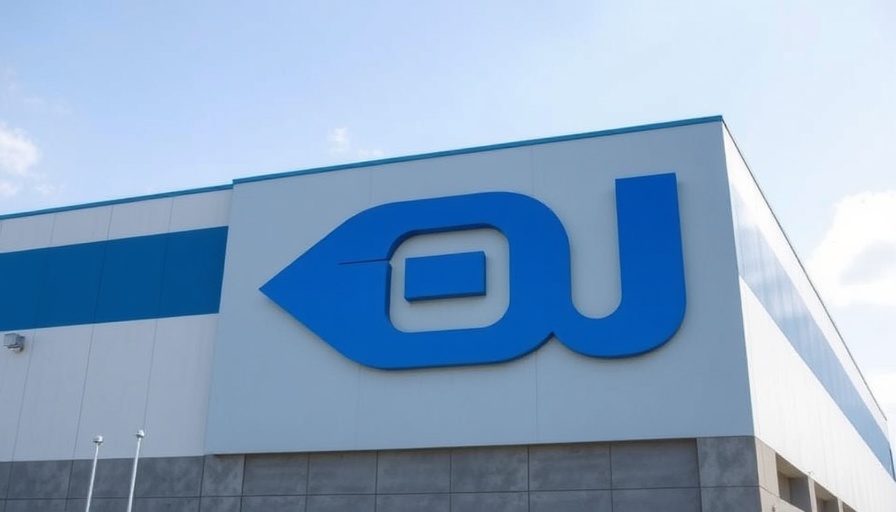
Tech Industry Shrinks: Who's Cutting Jobs in 2025?
As the dust settles from the economic upheaval of the past few years, the trend of corporate layoffs continues in 2025. High-profile companies such as Intel, Meta, Microsoft, BlackRock, and UPS are making headlines again as they streamline operations and adjust to new technological realities. With artificial intelligence reshaping job functions across various sectors, employers are actively assessing workforce needs. A World Economic Forum survey highlighted that nearly 41% of companies worldwide plan to reduce staff in response to the growing influence of AI.
The Changing Landscape of Employment
Artificial intelligence is indeed at the forefront of discussions around job stability. While numerous companies have publicly announced layoffs, others, like Amazon, are hinting at changes without directly announcing cuts. CEO Andy Jassy recently noted that the company would require fewer employees as generative AI technologies evolve within its operations. This call for change could indicate a future where tech roles, particularly in big data, fintech, and AI, will not only persist but also double by 2030, according to recent predictions.
Examining Specific Companies: Who's Laying Off Most
By evaluating various companies, we see a common thread: restructuring amidst profitability. For instance, Adidas, despite reporting better-than-expected profits in 2024, is looking to cut around 500 jobs at its headquarters in Germany due to the complexities of its operations.
Similarly, Ally Bank is laying off less than 5% of its workforce—about 500 employees—promising support for those affected through severance and job placement assistance. These moves illustrate a shift where companies are re-evaluating not just how many employees they have but how roles align with the needs of a rapidly changing job market.
Impact on Employer Branding and what to Consider
For employer brand managers and HR leaders, these layoffs present both challenges and opportunities. With an increasing focus on employer branding, organizations must communicate their Employee Value Proposition (EVP) clearly to attract and retain top talent. Strategies such as optimizing career sites and enhancing the onboarding experience can significantly impact a company's reputation, especially during such turbulent times.
What This Means for the Future
Ultimately, the current trend indicates that while certain jobs may be lost, there is potential for the emergence of new roles that prioritize skills in AI and tech innovation. As employer brand managers, understanding this shift will be crucial in navigating the candidate journey and maintaining a strong market reputation.
 Add Row
Add Row  Add
Add 




Write A Comment